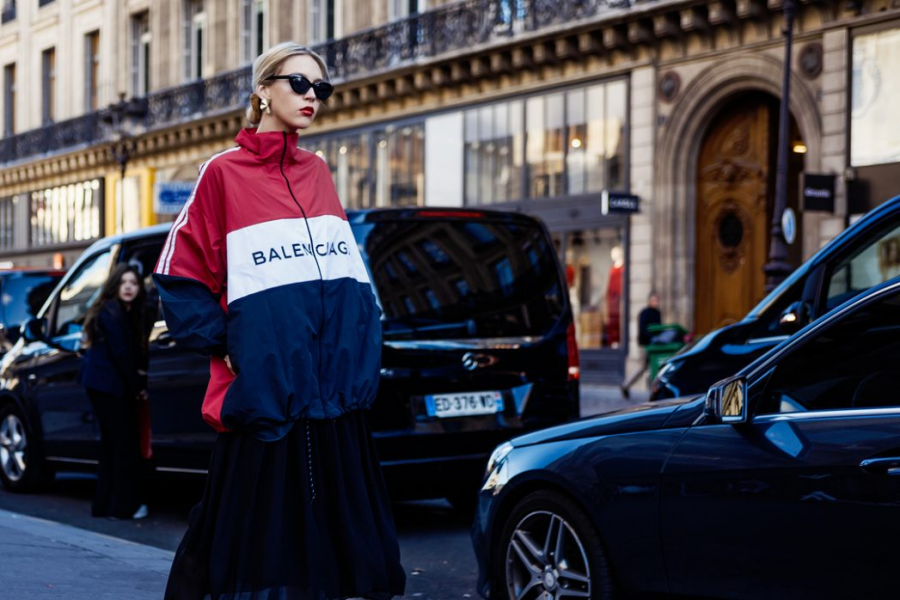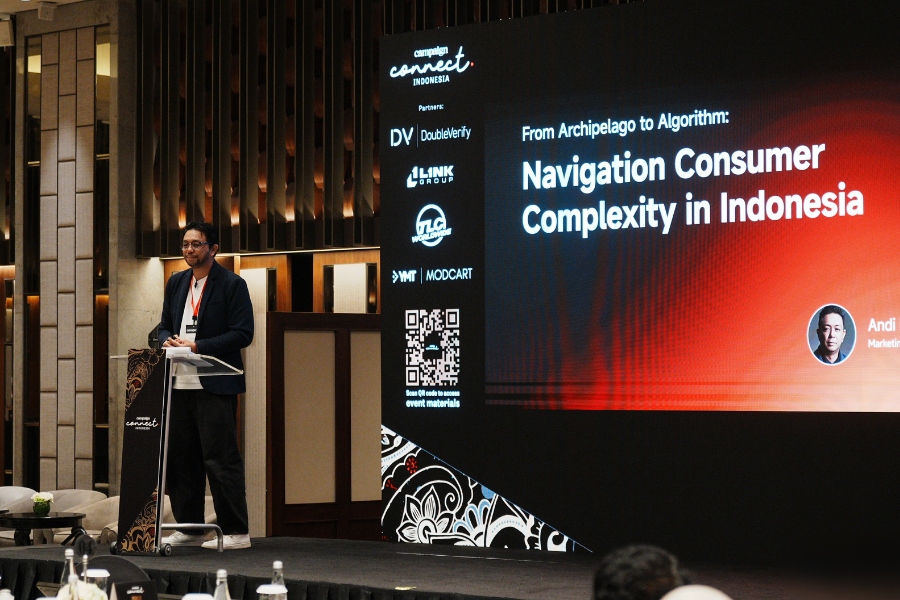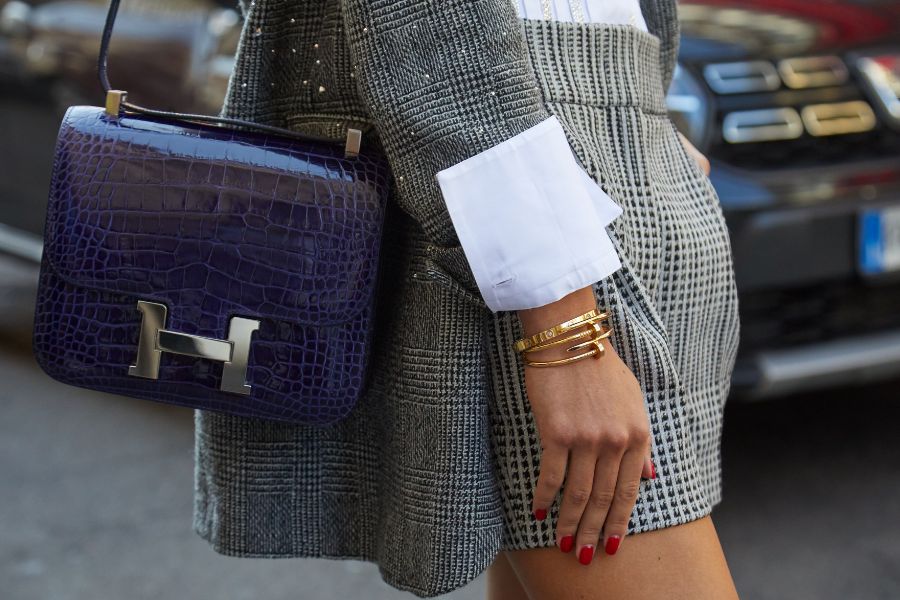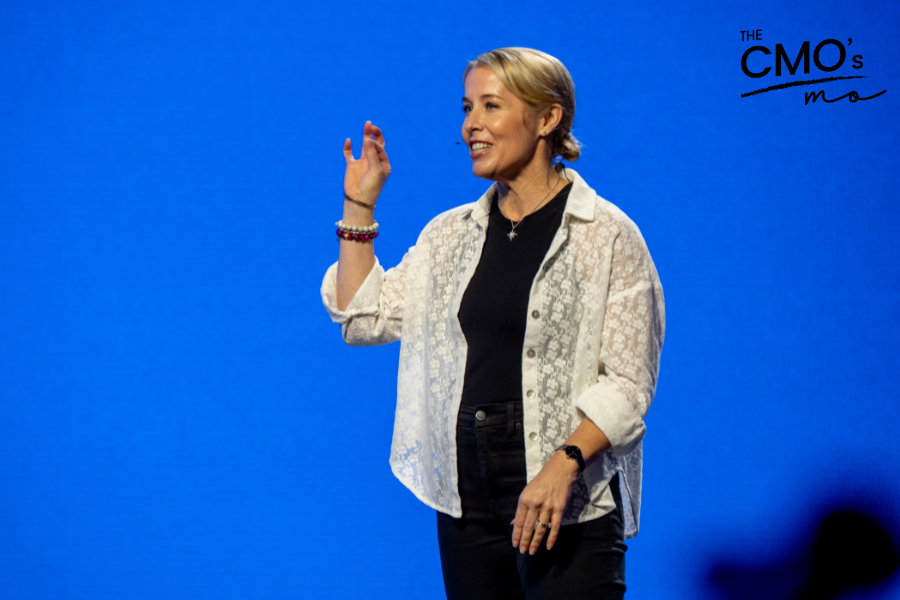Generation Z is rapidly coming into focus for practically all luxury brands worldwide. While some brands have already disrupted their previous business models and gained significant traction with their youngest customers, many others are still struggling. The question I get numerous times per month? How can a brand best engage and connect with Gen Z?
In my observation and experience, there are two critical dimensions that brands need to focus on to be successful with Gen Zers. The first has to do with the customer mindset. The second is about their aesthetic preferences. Both are equally important.
Let’s start with the mindset. Generation Z, which now consists of customers 25 years old or younger, grew up quite differently than any previous generation. While this is true globally, it is particularly true in China, where Generation Z has strongly departed from past generations. They are the result of the previous one-child doctrine and the first generation that didn’t experience hardships. Therefore, they have a more optimistic outlook than the previous generations in China.
Many know that Gen Z is the first digitally native generation. They were surrounded by and immersed in computers and smartphones and had access to social media from their earliest days, dramatically shaping their experiences and interactions. It also allowed this generation unprecedented access to information and connections with people worldwide, from casual exchanges to their college educations. Currently, I am teaching students in China, Korea, and Europe remotely from Los Angeles — something no previous generation has experienced.
As a result, Gen Zers have a much more global view than previous generations. They have much greater access to information, trends, and cultural aspects from all over the world, shaping their preferences and viewpoints.
To appeal to Gen Z, established brands should never try at all costs to act as if they are young. On the contrary, because of their easy access to vast troves of data, Gen Zers value authenticity. In fact, they expect brutal honesty and uncompromised authenticity from brands. That is a weak spot for many established brands that use “corporate communication,” carefully crafting every word.
As a result, from the viewpoint of young audiences, many incumbent brands seem out of reach, inauthentic, and distant. A different, authentic, inclusive, and spontaneous way of interacting with Gen Z is needed. I remember a discussion with Cédric Charbit, the CEO of Balenciaga, during the New York Times Luxury Conference in Hong Kong. In the dialogue, he stated that even a paradigm shift could be necessary so brands can take significant risks. They must have a clear position, even on politically controversial topics. Gen Zers want substance and not just pretty faces.
That will require them to be more daring and have an opinion or standing for something. Gen Zers value nothing more in brands than strong values they live unapologetically. Hence, brand equity, brand positioning, and brand storytelling have become more important than ever before, leaving many existing brands at massive strategic disadvantages. I estimate that 90 percent of brands today need to overhaul their brand storytelling to be seen as relevant by Gen Zers.
Relatedly, sustainability cannot be an afterthought for Gen-Z; it must become an honest endeavor. The times of greenwashing are over. This area is a huge vulnerability for the fashion industry at large (and many other sectors, too) since, over past decades, most innovative fibers have been based on petrochemicals, making fashion one of the most polluting industries.
While all large luxury groups have taken significant steps to achieve ambitious sustainability goals, the industry overall needs to change how it does business beyond lighthouse sustainability projects. Otherwise, the younger generation will move on to new, sustainability-native brands. Driven by Gen Z, the luxury sector will go through its most fundamental change over the next two decades, providing vast opportunities for new players.
The second dimension concerns aesthetics. Gen Zers, through their digital lifestyle, have different expectations on what is a cool design, what is fashion, and what is the latest trend to follow. As Gen Zers perceive themselves as “personal brands” with individual expressions (influenced by an unprecedented number of micro-influencers and large-scale key opinion leaders), their aesthetic preferences vary more than any generation before them. When I advise luxury brands, I always point out that they, in reality, also compete with Apple and Nike, as these are two of the culturally relevant brands that shape the way consumers navigate online and offline.
Luxury brands, therefore, must also think differently than before. Gaining the ability to influence and inspire rather than just follow trends has become critical. Gen Zers hate nothing more than brands without “soul” that simply do what everyone else does. With the growing influence of Gen Z, the best-performing luxury brands during the pandemic created more desirability by reinvigorating their iconic products with fresh materials, designs, colors, and collaborations.
In short, luxury brands must become influencers to appeal to the most discerning of all audiences: Gen Zers. That will separate the best from the rest — an already observable trend in 2020 and 2021. This news is great for brands that dare to self-disrupt but bad news for traditionalists. The decade of Gen Z has just begun, and the implications for brands will be massive.
Daniel Langer is CEO of the luxury, lifestyle and consumer brand strategy firm Équité, and the professor of luxury strategy and extreme value creation at Pepperdine University in Malibu, California. He consults some of the leading luxury brands in the world, is the author of several luxury management books, a global keynote speaker, and holds luxury masterclasses in Europe, the USA, and Asia. Follow @drlanger











